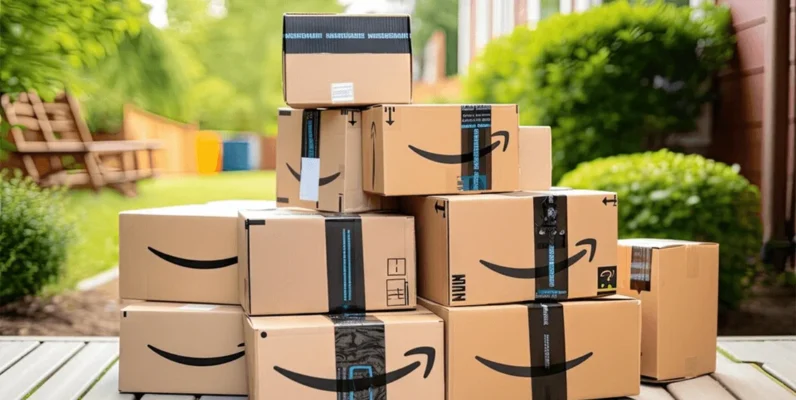Expanding your Amazon brand into international markets is an exciting milestone, but navigating the compliance requirements for cross-border selling can be challenging. Amazon’s rules ensure a seamless buying experience for customers worldwide, but for 7-figure sellers, even minor oversights can result in costly penalties or account suspensions. To avoid these pitfalls, it’s essential to understand and implement Amazon’s compliance policies for global selling.
This guide explains the critical compliance rules for cross-border sellers, with actionable insights to help you scale your brand internationally.
What Is Amazon’s Compliance Policy for Cross-Border Selling?
Amazon’s compliance policies for cross-border selling set guidelines that sellers must follow when expanding into international marketplaces. These rules cover everything from tax requirements to product regulations, shipping standards, and intellectual property laws. Adherence to these policies ensures that your products are legally compliant and aligned with Amazon’s marketplace standards in each country.
For 7-figure sellers, compliance is not just about avoiding penalties—it’s about safeguarding your brand’s reputation and ensuring operational efficiency across global markets.
Key Compliance Rules You Must Follow
1. Product Listing Requirements by Region
Each country has its own product labeling and regulatory requirements for international markets. For instance:
- US & Canada: Products often need bilingual labeling (English and French).
- EU: CE markings are mandatory for electronics and other regulated goods.
- Japan: Ensure compliance with Japanese Industrial Standards (JIS) for certain categories.

2. Taxation and VAT Registration
Selling internationally means you may need to register for Value-Added Tax (VAT) or Goods and Services Tax (GST) in your target marketplaces. The EU, UK, and Canada require sellers to have VAT or GST numbers.
- EU VAT Rules: As of July 2021, the One-Stop-Shop (OSS) simplifies VAT reporting, but sellers must still register in their base country.
- US Sales Tax Nexus: Selling into multiple states may trigger nexus requirements, obligating you to collect and remit sales tax.

3. Customs Documentation and Import Duties
When shipping products across borders, customs regulations must be met. Missing or incorrect documentation can delay shipments or lead to fines. Amazon’s FBA Export program simplifies customs for eligible products, but sellers using their own logistics must manage this independently.
Checklist for Compliance:
- Ensure HS (Harmonized System) codes are correct.
- Include commercial invoices and packing slips.
- Research import duties specific to your product category.

4. Intellectual Property (IP) Protection
Selling internationally exposes your brand to potential IP violations. Ensuring trademarks, patents, and copyrights are valid in your target markets is essential for protecting your brand.
How to Protect Your IP Globally:
- Register your trademark in each country where you plan to sell.
- Enroll in Amazon Brand Registry to gain access to tools that detect and address counterfeit listings.
- Monitor for unauthorized sellers using programs like Transparency by Amazon.

5. Adherence to Local Consumer Protection Laws
Each marketplace has its own consumer protection rules, such as return policies, warranty requirements, and advertising standards.
- EU: Adhere to the Consumer Rights Directive, which mandates a 14-day return window.
- US: Ensure product claims (e.g., “organic,” “sustainable”) meet FTC guidelines.
- Australia: Comply with the Australian Consumer Law (ACL), which mandates clear warranty terms.

Challenges of Cross-Border Selling and How to Address Them
1. Language Barriers
Solution: Use Amazon’s Translation Services to ensure listings are accurate and resonate with local customers.
2. Currency Exchange Fluctuations
Solution: Amazon Currency Converter for Sellers can help manage payouts in your local currency.
3. Stock Management Across Regions
Solution: Use Amazon’s Pan-European FBA to distribute inventory across EU warehouses, optimizing delivery times and costs.

Conclusion
For 7-figure Amazon sellers, cross-border expansion offers immense opportunities for growth—but only when compliance rules are carefully followed. By staying informed about regional regulations, leveraging Amazon’s tools, and protecting your intellectual property, you can scale your brand globally without unnecessary risks.
Looking for expert help in navigating compliance and expanding your business internationally? AMZDudes specializes in helping Amazon sellers succeed in cross-border eCommerce.




